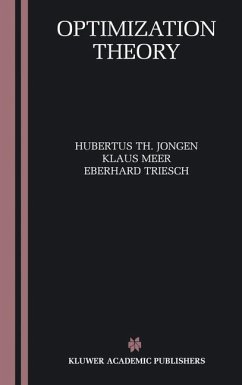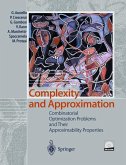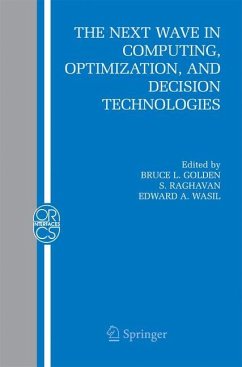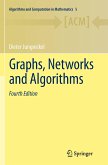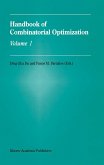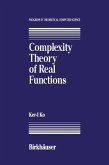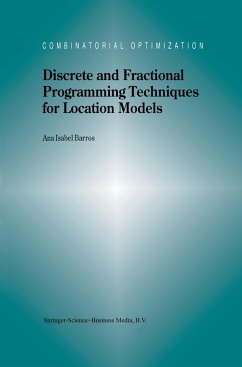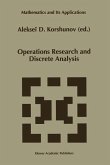Optimization Theory is becoming a more and more important mathematical as well as interdisciplinary area, especially in the interplay between mathematics and many other sciences like computer science, physics, engineering, operations research, etc.
This volume gives a comprehensive introduction into the theory of (deterministic) optimization on an advanced undergraduate and graduate level. One main feature is the treatment of both continuous and discrete optimization at the same place. This allows to study the problems under different points of view, supporting a better understanding of the entire field.
Audience: The book can be adapted well as an introductory textbook into optimization theory on a basis of a two semester course; however, each of its parts can also be taught separately. Many exercises are included to increase the reader's understanding.
This volume gives a comprehensive introduction into the theory of (deterministic) optimization on an advanced undergraduate and graduate level. One main feature is the treatment of both continuous and discrete optimization at the same place. This allows to study the problems under different points of view, supporting a better understanding of the entire field.
Audience: The book can be adapted well as an introductory textbook into optimization theory on a basis of a two semester course; however, each of its parts can also be taught separately. Many exercises are included to increase the reader's understanding.
From the reviews: "If you have to read a book about (deterministic) optimization in finite dimension, this is the one. The book covers the whole theory of modern optimization; the authors have included a lot of exercises, examples and figures that make the book understandable and more interesting. All the current knowledge on existence of solutions, optimality criteria, structural properties of the models as well as the algorithms ... have been included in this work in a rigorous, concise and elegant manner." (Francisco Guerra Vazquez, Zentralblatt MATH, Vol. 1059 (10), 2005) "The book covers a wide range of subjects pertaining to mathematical programming ... . The various subjects are described in considerable detail, several examples are given and numerous examples problems are proposed. The authors write that the book is intended for undergraduates and graduates, but I think that it might be useful also for those postgraduates who wish to learn the basic aspects of mathematical programming ... . The book has a rich list of bibliographical references which are surely useful ... ." (Giorgio Giorgi, Mathematical Reviews, Issue 2005 b)

